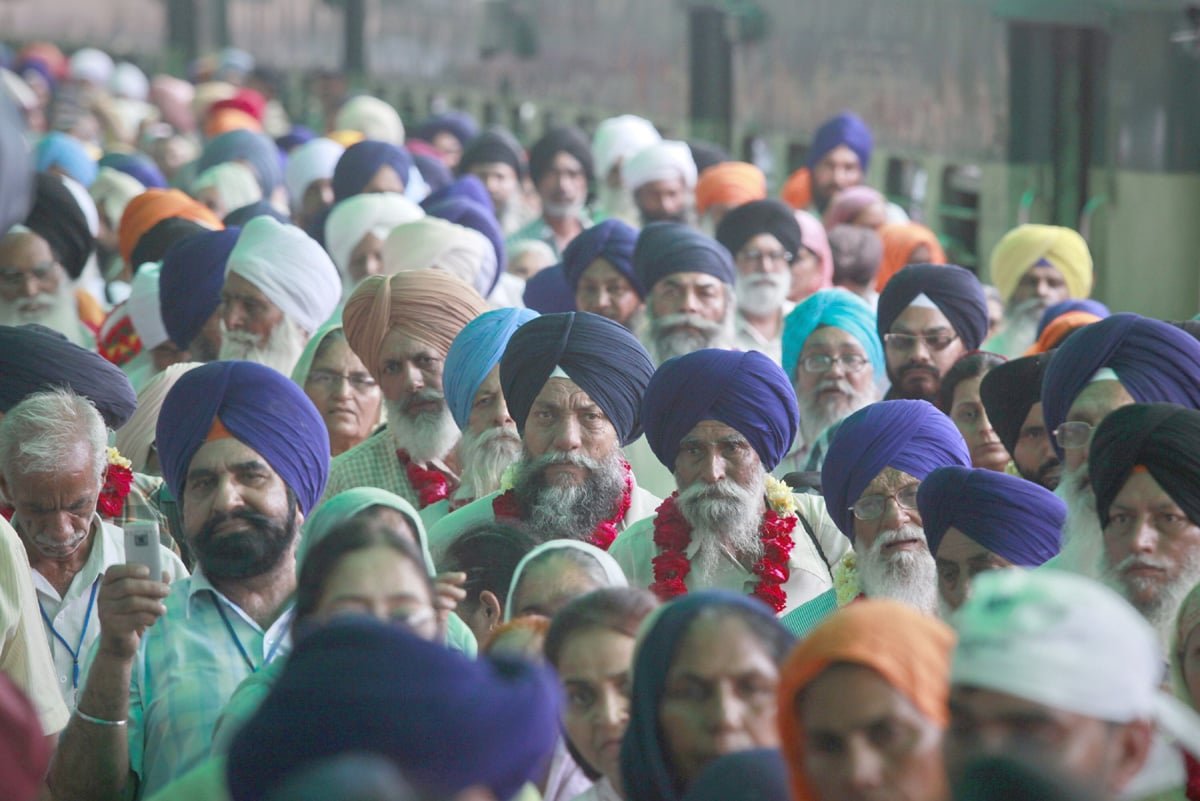Restoring Women’s Inheritance Rights: A Landmark Ruling in Lahore
In a significant decision, the Lahore High Court (LHC) has restored the inheritance rights of three sisters after nearly four decades, challenging a controversial gift mutation that had unfairly deprived them of their rightful share of their father’s property.
Justice Malik Javed Iqbal Wains of the LHC’s Multan Bench ruled on the invalidity of a Tamleek (gift mutation) executed in 1987. The case highlighted serious questions surrounding familial obligations and legal fairness, ultimately reaffirming women’s rights under Islamic law.
The crux of the matter stems from a claim made by the sisters’ brother, Abdul Sattar, who argued that their father gifted him a substantial plot of land out of "love and affection." He maintained that he had obtained verbal consent from his sisters prior to the transfer and that he took possession of the land at the time of the mutation. However, the court dismissed these assertions, noting a complete lack of written proof or witness testimony to support Sattar’s claims.
Justice Wains poignantly noted, "It is inconceivable how depriving daughters of their Shariah-mandated inheritance could be treated as an act of virtue." His remarks underscore the importance of equitable treatment in inheritance matters, especially in societies where traditional norms often favor male heirs.
The court’s review revealed that Sattar failed to provide essential details like the date and witnesses for the alleged agreement, raising substantial doubts about the validity of his claims. The ruling also pointed to the inconsistencies in the appellate court’s earlier findings, leading to what Justice Wains described as a "miscarriage of justice."
The initial trial court had sided with the sisters, confirming that the dubious nature of the gift rendered it invalid. Yet, the appellate court had contradicted this ruling without valid justification. The LHC’s decision not only reinstates the trial court’s findings but also highlights a crucial legal precedent that affirms women’s rights to inheritance under Islamic law.
This ruling is a beacon of hope for many women facing similar challenges in their inheritance claims. It reaffirms that religious and legal frameworks must align to protect the rights of all heirs, particularly daughters, who are too often marginalized.
If you’re interested in learning more about inheritance laws and how they might affect you or your loved ones, consider exploring resources from Pro21st. Let’s foster conversations that empower everyone in understanding their rights!
At Pro21st, we believe in sharing updates that matter.
Stay connected for more real conversations, fresh insights, and 21st-century perspectives.





